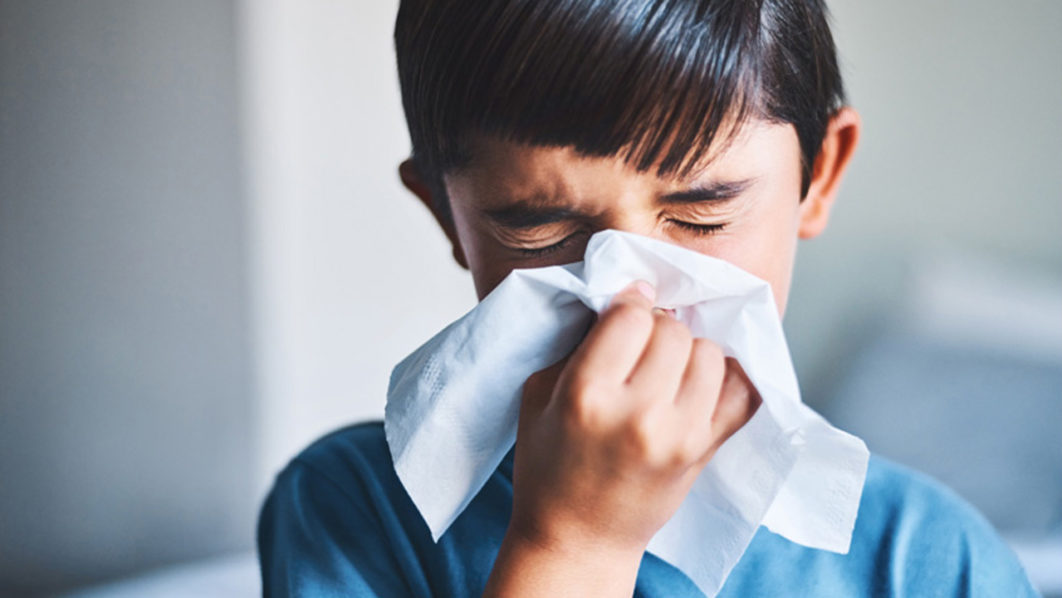
Associate Professor from the Department of Biomedical Sciences, Azliyati Azizan and colleagues studied the antiviral properties of bacteria called extremophilic actinomycetes which thrive in extreme environments, such as the driest deserts and soil with a high salt content.
Five strains of the bacteria were taken from unique ecosystems in Kazakhstan and tested for antiviral activity against four influenza virus strains and two viruses responsible for Sendai Virus and Newcastle Disease Virus, which impact animals. The antiviral properties of the bacteria were also compared with commercially available antiviral drugs and plant preparations that have been shown to exhibit antiviral properties.
Extracts from all five strains of the bacteria showed antiviral potential when tested against the viruses, which included type A influenza virus H1N1, the virus associated with swine flu, bird flu, and the 1918 Spanish flu pandemic. The success of antiviral activity was also similar to that of commercially available drugs and plant preparations.
Speaking on the development, Azizan said: “Commercially available antiviral drugs are not always successful in treating viral infections. This is an urgent problem as several viruses, including influenza, are acquiring multi-drug resistance; a serious global health issue as this leads to increased mortality in humans and animals. Drug-resistance in type A influenza virus is a particularly high concern as it has been responsible for three pandemics in the 20th century and could still do so in the future.”
She said these results suggested that naturally-occurring actinomycetes bacteria are a promising source for combatting influenza viruses and can be applied towards the development of new antiviral drugs.
These findings were published in Virology Journal.






